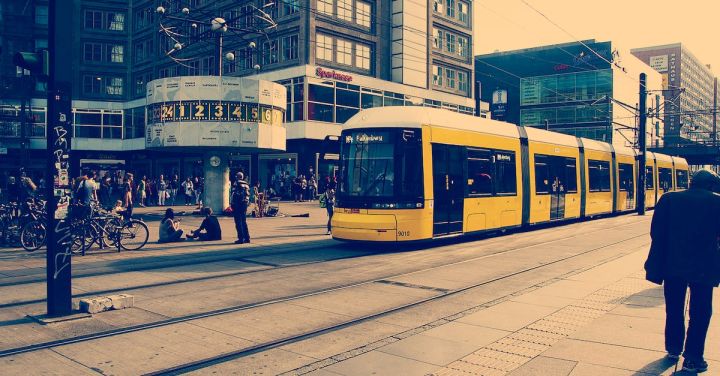Electric trains have been revolutionizing the world of transportation, rewiring the way we travel on rails. With their advanced technology and numerous benefits, these trains are becoming increasingly popular in many countries around the globe. In this article, we will explore how electric trains are transforming the railway industry and why they are considered the future of sustainable transportation.
One of the key advantages of electric trains is their environmental friendliness. Unlike traditional diesel trains, electric trains produce zero emissions at the point of use. This means that they do not contribute to air pollution and help combat climate change. With a growing focus on sustainability, electric trains play a crucial role in reducing carbon footprints and promoting cleaner modes of transportation.
Moreover, electric trains are more energy-efficient compared to their diesel counterparts. They utilize electric motors that convert electrical energy into mechanical energy, resulting in a higher efficiency rate. This not only reduces energy consumption but also leads to cost savings for railway operators. By utilizing regenerative braking systems, electric trains can recover and reuse energy that would otherwise be wasted, further enhancing their energy efficiency.
In addition to their environmental and energy-saving benefits, electric trains also offer a smoother and quieter ride. The absence of diesel engines and the use of electric motors significantly reduce noise levels, creating a more comfortable experience for passengers. This is particularly important for urban areas where noise pollution is a major concern. Electric trains help create a peaceful environment and improve the quality of life for people living near railway tracks.
Furthermore, electric trains are known for their higher acceleration rates and faster speeds. The instant torque provided by electric motors allows these trains to accelerate more quickly, resulting in shorter travel times. This makes electric trains an attractive option for commuters and long-distance travelers alike, as they can reach their destinations faster and more efficiently.
The implementation of electric trains also brings economic benefits to the railway industry. Despite the initial investment required for electrification infrastructure, electric trains have lower operating costs in the long run. The cost of electricity is generally more stable and affordable compared to fluctuating diesel prices. Moreover, the maintenance and repair costs of electric trains are often lower due to simpler mechanical systems and fewer moving parts.
As electric trains continue to gain popularity, many countries are investing in the development of electrified rail networks. These networks not only provide efficient and sustainable transportation options but also create job opportunities in the construction, manufacturing, and maintenance sectors. The electrification of railways stimulates economic growth and contributes to the overall well-being of communities.
In conclusion, electric trains are reshaping the railway industry by offering a sustainable, energy-efficient, and comfortable mode of transportation. With their environmental benefits, cost savings, and faster speeds, electric trains are the future of railways. As more countries embrace this technology, we can expect to see a significant reduction in carbon emissions and a more sustainable future for transportation. Electric trains are not just rewiring the rails, but also rewiring the way we think about transportation.
